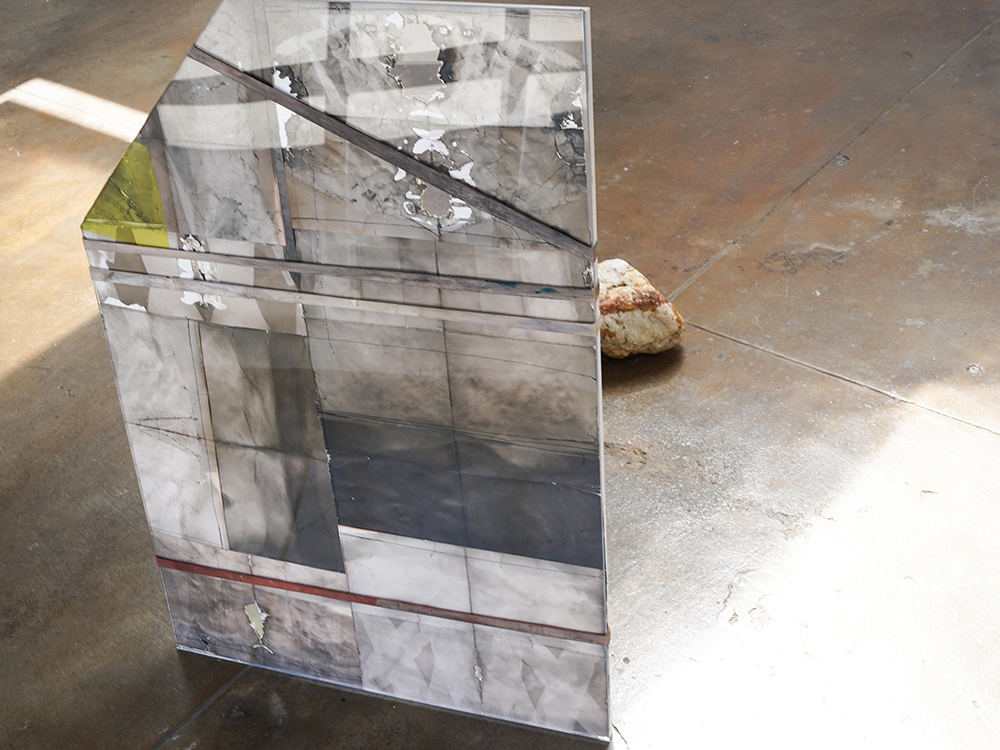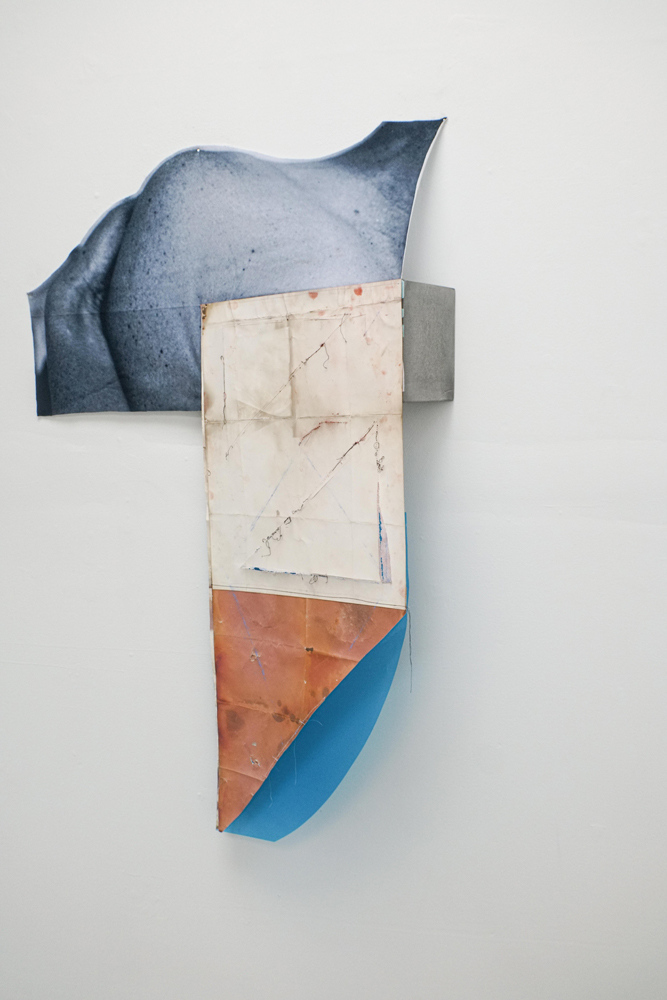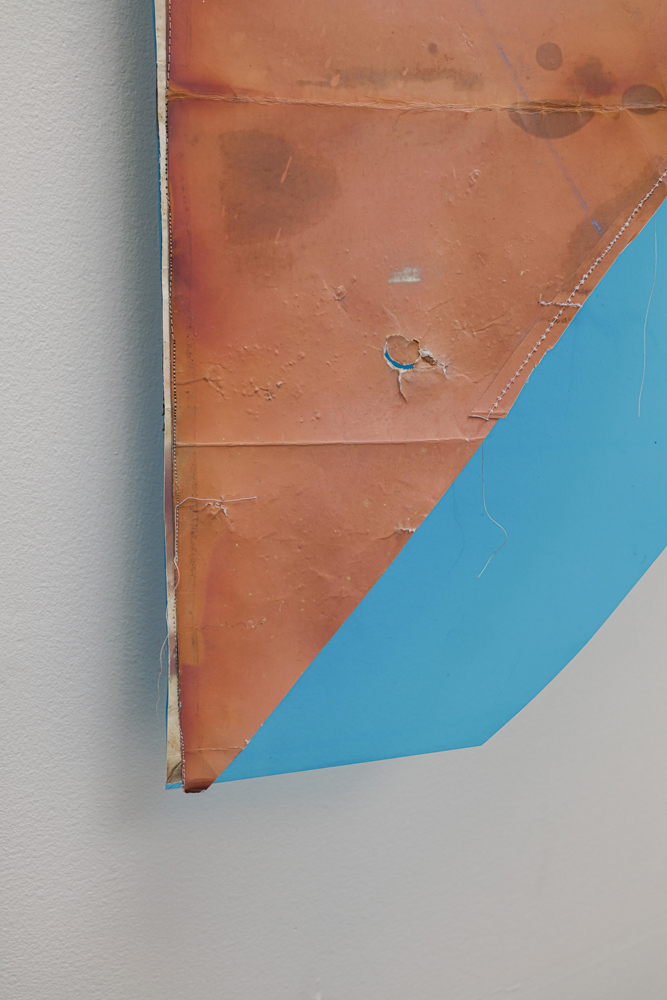Sheilah ReStack’s artwork and teaching are primarily photo-based and photo-informed. Common themes include domestic life, connection, communication, and translation. However, despite maintaining consistency in the themes she investigates in her work, she is anything but safe in her attempts to explore what it is like to be in intimate relationships with others, how different mediums and processes can be used to share stories, and how to create ruptures in our understandings of narrative.
ReStack is constantly looking for ways to re-inhabit the photograph, asking, “How can I use the spaces around me and offer something unrecognizable out of what is available?”
Often drawing from her personal life and the different parts of her identity, ReStack likes to push the boundaries of what an embodied photograph can be. She uses the phrases “radical precarity” and the “feral domestic” when asked to describe her work, going on to explain the latter as something recognizable, but wild.
Her most recent exhibition, “Hold Hold Spill,” was created from a series of walking prints created by attaching her feet to photo paper, developing prints, sewing them together, and combining them with other materials. The installation pieces were intended to reflect ReStack’s navigation through time, space, and social roles as an artist, queer woman, wife, and mother.
Reflecting on the exhibition, held at the Interface Gallery in Oakland, California in the summer of 2020, ReStack says, “What results is of the photograph, but also something more unknowable. It holds a form; with shards of recognition and specificity.”
On photography, body, and sculpture, she says “You have to move around them.” Each of the three have a complex identity that can be precarious in many parts, but is able to be explored multidimensionally—hence the term “embodied” photograph. According to ReStack, objects pulling from different registers create tension, and this is what she aims to achieve with her artwork.
ReStack notes there are different urgencies and needs that go into making work. “Sometimes it’s just about “doing.” The darkroom is a place where I sort of have that kind of relationship.”
She is currently working on a project that will be presented in Sointula, British Columbia where she plans to project a letter to her daughter via morse code.
ReStack is associate professor of Studio Art at Denison and chairs the Studio Art Department. Her courses are often crosslisted with Queer Studies and Women & Gender Studies.









